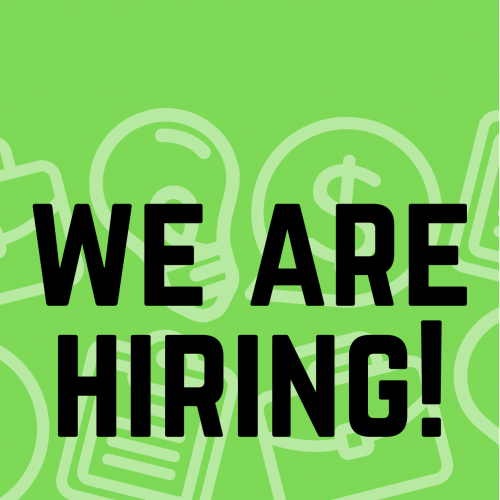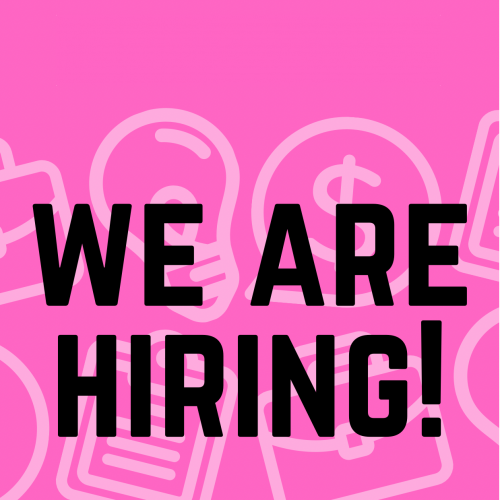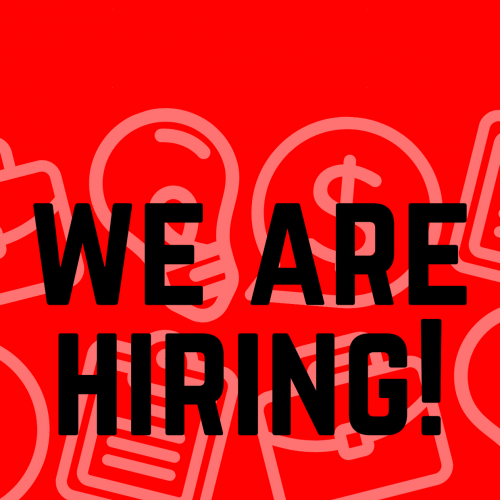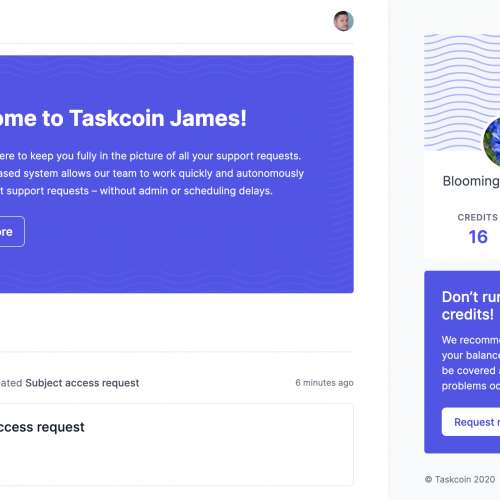Tea Uglow is the Creative Director of Google’s Creative Lab in Sydney, although she prefers a Google (mis)Translate version of the title – Experimental Person in Charge.
Tea leads a team exploring “the spaces between contemporary digital technology and traditional forms of creativity and culture. That might be with museums, galleries, working with artists, filmmakers or writers and looking at what happens when those intersect.”
We caught up with Tea to discuss collaboration, the intersection between technology and the arts, creativity and optimism about the future.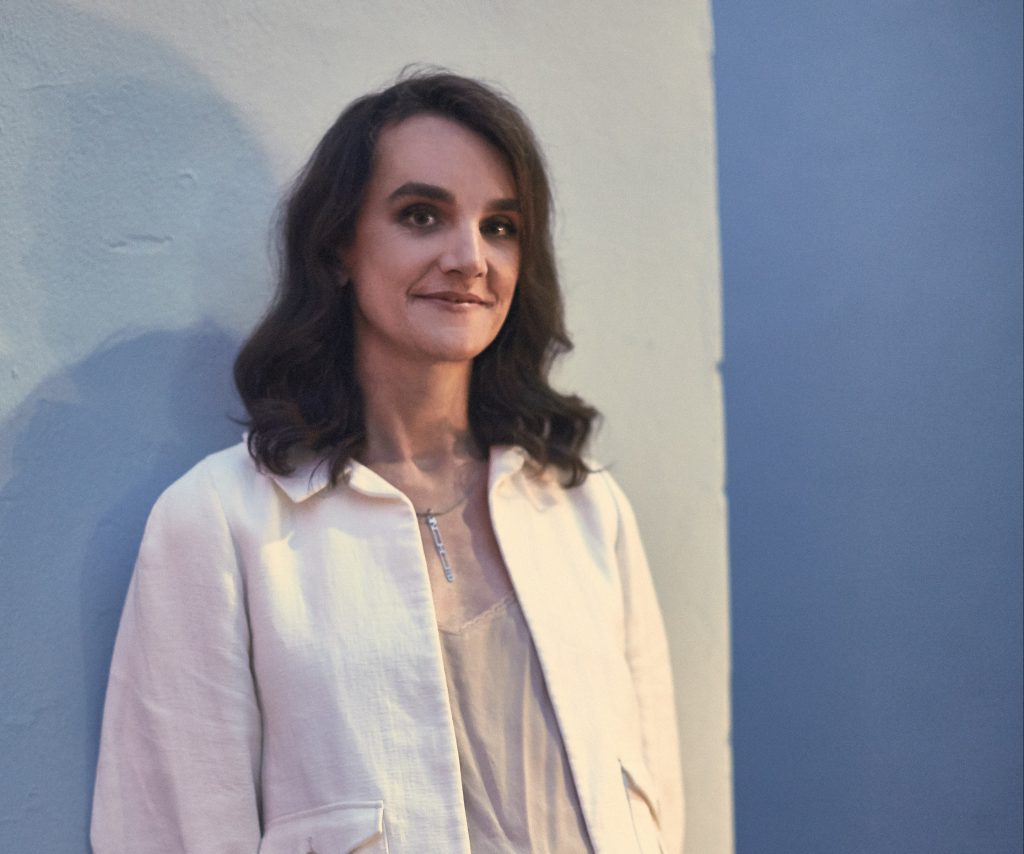
You work with both techies and creatives. What does successful collaboration look like between very different people?
It normally looks like a willingness to appreciate that the creative process is about not knowing what you’re doing.
My role is to try and sit between worlds and imagine what you could do based on my understanding of what you can do.
It’s a really interesting space but it’s very difficult to get people to be confident in it. Often you’re asking people to place their trust in something which they can’t see. And that’s not what people generally like doing, so it takes a leap of faith to do these projects.
Do you have any advice for anybody working with people very different from themselves?
I think it’s really important to realise that everyone works differently. People work for different reasons, work in different ways and in different time patterns and what they think is important might not be what you think is important.
I forget my own advice all the time. I’m very annoying to everyone I work with because I’m very distracting and I want to have really tangential projects and conversations that don’t seem to be related to what we’re doing, although they might be related in some weird, far off place.
Why aren’t we finding ways of building the information that we want into the way we want to experience the environment, rather than the way we’re told to experience the environment?
That’s difficult and it’s a bit of a challenge depending on the groups of people. At the same time, it’s the same reason we travel – it should be fun. If you don’t like the idea of going to Papua New Guinea and experiencing that culture does not interest you in any sense, then probably working with completely different minds won’t make any sense to you either.
[Collaboration] should be approached with that sense of looking and understanding cultures, rather than looking at it like someone is producing something for you, or like you have to work together. It’s not working together, you’re exploring together. They’re exploring you and you’re exploring them and it can be a very interesting and fun experience.
We often get caught up in our Gantt charts and timelines and forget that’s what we’re doing. We get caught up in making a thing and actually, quite often, that’s not why we were doing it in the first place.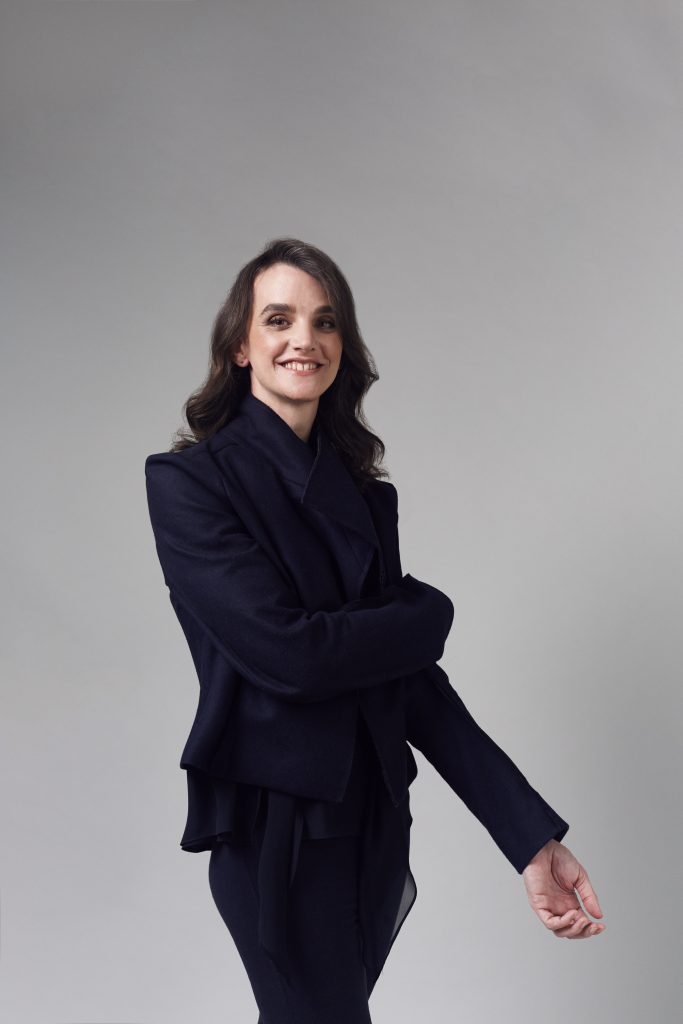
You’ve said before that you didn’t really like technology but you are interested in the way it can move cultural ideas forward. Please could you expand on that a bit?
It’s not like I don’t like technology, I’m fine with technology, everything we use is some form of technology or another. A book is an old form of technology from about 400 years ago, that’s all it is. What happens is we get very attached to old forms of technology that we consider to be traditional or quaint, but there was a moment when they weren’t traditional or quaint, they were terrifying and new.
What frustrates me is when we close ourselves off from using it in ways that have poetry, or we don’t look at what we like about being alive.
Generally, there are very few people for whom life in front of a computer screen is ideal, yet there are very few people for whom life in front of a computer screen is not inevitable… I just don’t think that people would say, if you asked them what their ideal life experience was, that it would be around computer screens. The information you get through computer screens, that’s fine, but the actual experience we don’t like so much.
So when I talk about technology, it’s more about why aren’t we solving for that? Why aren’t we finding ways of building the information that we want into the way we want to experience the environment, rather than the way we’re told to experience the environment?
We are moving in that direction, I just feel like there are ways in which culture should really be pointing us in that direction, rather than reflecting back on some pastoral idyll that will never be there again.
How do we move towards that world where we’re not stuck at our screens?
It’s curious isn’t it? It seems so obvious when we say it, that we’d rather not be staring at computer screens, but we all are staring at computer screens. And then you ask ‘well how do we move away from that?’ and literally no-one has any idea.
You always know that when ‘bad actors’ is in the terminology, it’s like ‘okay, fascinating! So you appreciate that this is theatre then!’
A lot of the work I do is actually about that space. My job is not to solve it, my job is to play with the problem itself.
We did this whole project where we were playing with books… One of the problems with this old technology of books is that it fixes words in this very linear, paginal format where you start on one, move on to two and end up on three. The internet and screens, ironically, allow for that to change in a myriad of ways, but we’re not doing that. Ebooks and E-readers are very much the old model.
I’m very big on the polarity of perspectives at the moment and this idea that everyone has a truth or a version of it. Storytelling is a wonderful way to show that there are many truths because there are many versions of the same story and many different narratives being spun out of the same material.
Yet again we don’t see that being done as much as I would expect. Facebook basically is a kind of narrative. And we have ‘bad actors’… we even use this terminology! You always know that when ‘bad actors’ is in the terminology, it’s like ‘okay, fascinating! So you appreciate that this is theatre then!’
So [Facebook] is like a performance with bad actors, but the bad actors are not acting badly, they are behaving improperly. And the audience are unaware that there are bad actors. There’s a lot of space for culture to reflect this way in which we use technology today and likewise for technology to be used in different ways to reflect the way we like our culture.
If you look at the theatre, ultimately you can have three people on a stage and they don’t need to be wearing silly clothes, they don’t need to be holding props. Those three people can, through gestures, their faces, where they look and how they stand, they can take you back to a Greek festival. They can become something and that’s transformative. If we can do that in theatre, why can’t we do that with digital information?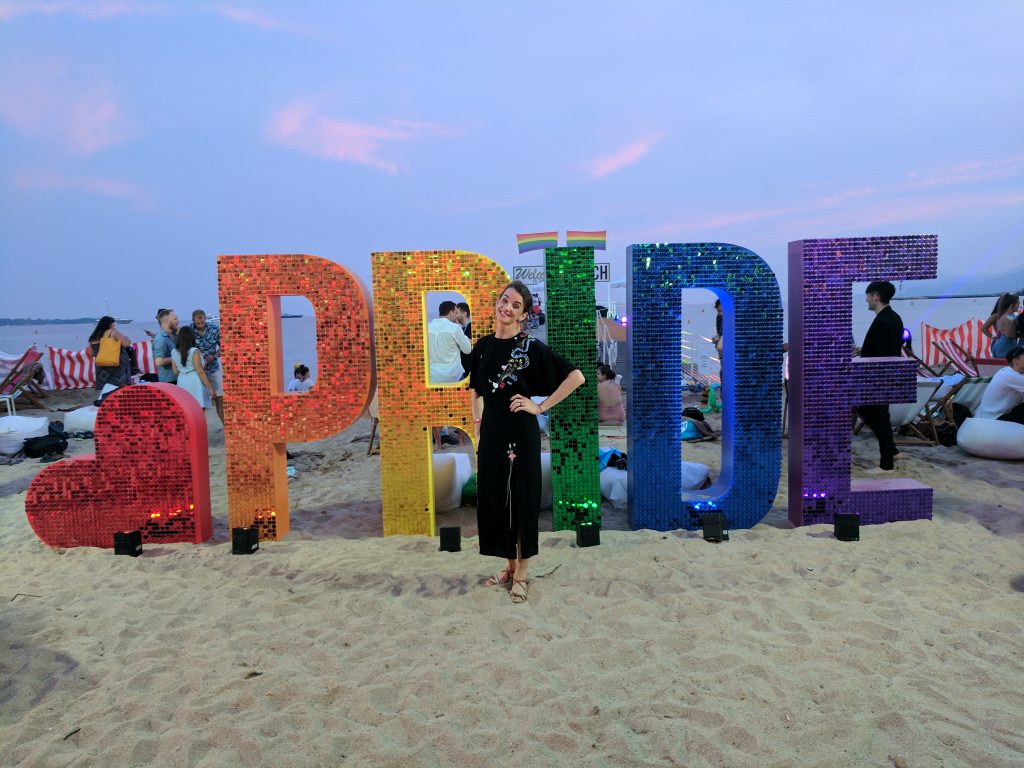
How do you deal with any negative feelings that would interrupt your work, creativity or general flow?
I’ve had a tough year, so I can associate with this quite a lot. There’s been a lot of change and a lot of time away. It’s very curious, finding your audience and just believing in what you’re doing.
One of the hardest things to deal with is just this sense of not really believing in yourself
I’ve got a very good friend who’s a commercial designer and she’s rather brilliant because she understands that she’s a commercial designer. She’s also very talented, but she just sees it as a thing that she does. She sees herself as a business person rather than as a designer.
She’s very confusing in interviews because whenever these questions come up she says, ‘I’m not creative. I’m a business person that draws. I come in and draw and then I go home.’
But I don’t know what I do, I’m at the other end of the spectrum. I’m my worst enemy because I beat myself up about being useless.
I have all this stuff that I reel off about like being trans and being bi and having mental health issues and being vegetarian and being teetotal… All of those things are weirdly challenging but one of the hardest things to deal with is just this sense of not really believing in yourself and when I’ve worked out how to get over that, I will let you know.
What are you most excited about for the future?
I’m really excited about gravitational waves, I’m so pleased! I know it sounds like a weird thing to answer, but I think there is a lot of really interesting physics. It’s absolutely fascinating, our understanding or our lack of understanding about the nature of the universe. I was so pleased when they won the Nobel Prize… There’s all this exciting stuff happening in what we call the tech industry but there’s also a lot of very exciting stuff happening in physics…
Society, for a long period, has had post-war growth, where economic growth has been more valuable, or has been perceived as more valuable, than cultural or philosophical growth.
And there’s also a lot of exciting stuff happening in philosophy! Because we’re beginning to address issues of mind-body dualism and the rise of social anxiety about some of the roles artificial intelligences might play. We are beginning to see a crunch point for philosophy which is, when metaphysics becomes physics, what role does the philosopher have in that? It’s a fascinating time for that subject.
And the life I’m living at the moment. I’ve been transitioning for a couple of years, so I sometimes have to stop and go ‘at least I’m alive’. It’s an extraordinary time to be able to do that. And to be able to do that as effectively as I am able, that’s is a remarkable cultural thing.
That thing about culturally, how do we make the arts valuable again. It seems like an impossible question, but then I look at what culture thought about trans people forty years ago, it seemed like this would be completely impossible. Those sort of shifts can happen, it’s not impossible at all, it has happened and it will happen again. I really hope that we get the arts back into the top tier of the valuable parts of our society sooner rather than later.
It’s all about value structures. Society, for a long period, has had post-war growth, where economic growth has been more valuable, or has been perceived as more valuable, than cultural or philosophical growth. It’s changed our mindset about some things, which you can see with the role of feminism and minority representation, but culture has not been in that space.
Actually if you look at most cultural artefacts, they are really not dissimilar to 100 years ago, except for the ones where technology has been a driver. And those have been TV and film and, to an extent, music. Those have been hugely influenced by commercial imperatives. We see them as commercial art forms rather than perhaps cultural art forms.
Photography is in that really interesting space where it has been overtaken by it’s own means of production. So it’s now an ubiquitous object, yet it still acquires some kind of cultural significance.
The question of why don’t we value culture is lovely. When you start to think about it and play with it, there are spaces. Let’s put economics in there with philosophy and physics, and psychology as well… bias and cognition…
You know, there’s too many things that are too much fun for us to get too depressed about the world.
Find out more about Tea at teau.me and follow her on Twitter @teaelleu.
If you’d like to discuss your startup or project, get in touch with Simpleweb today.
